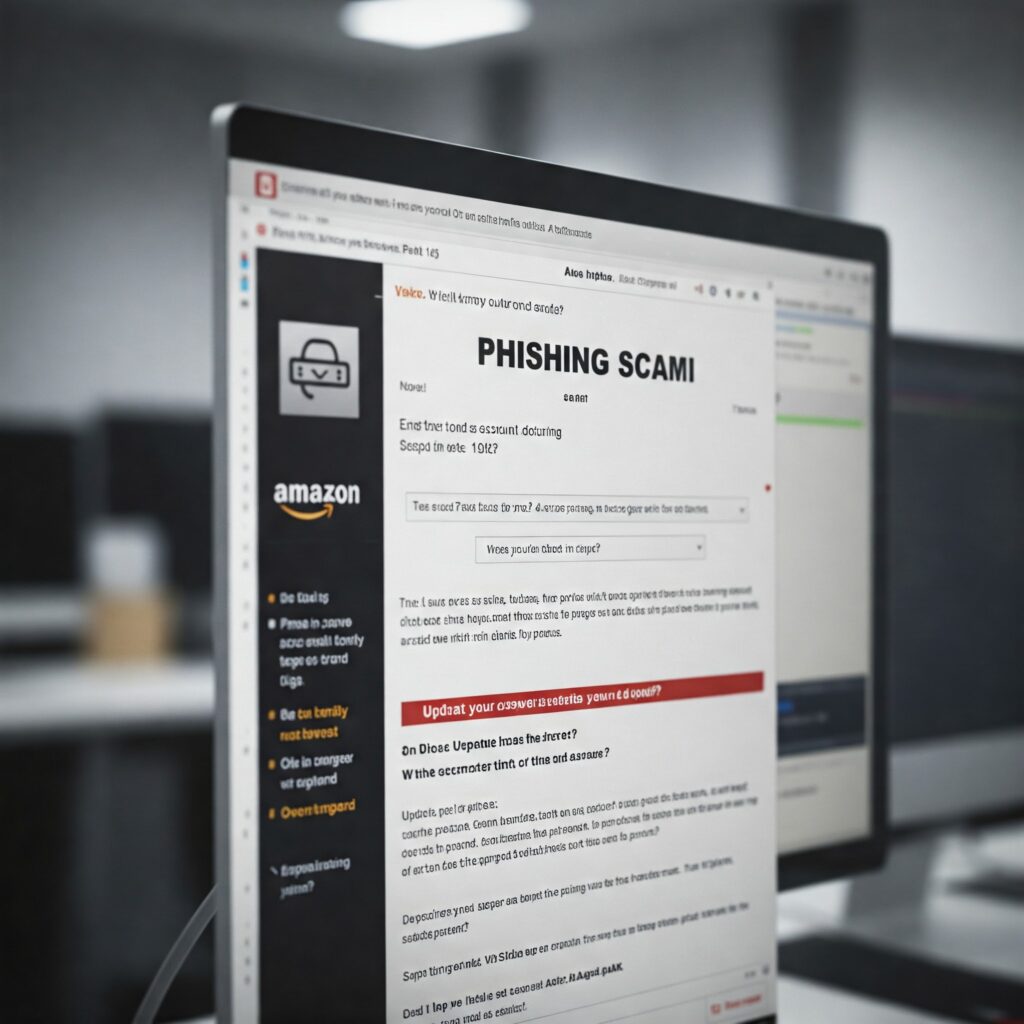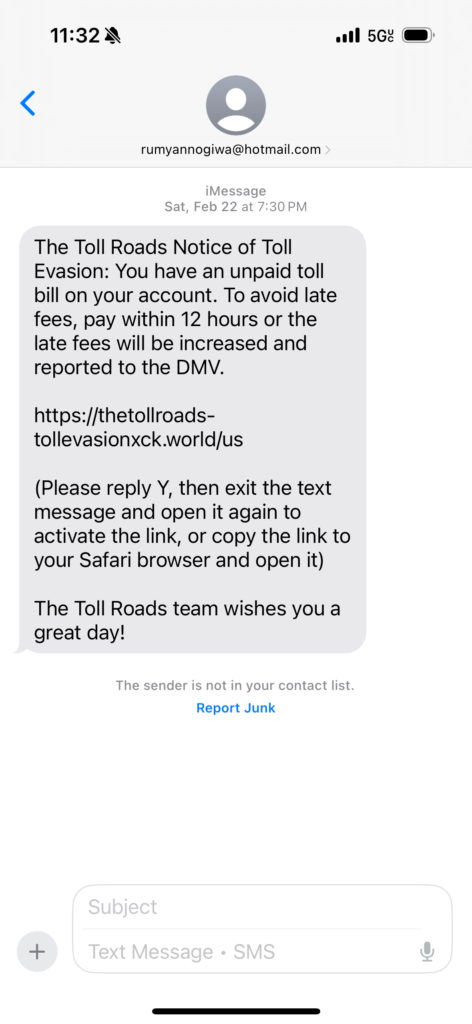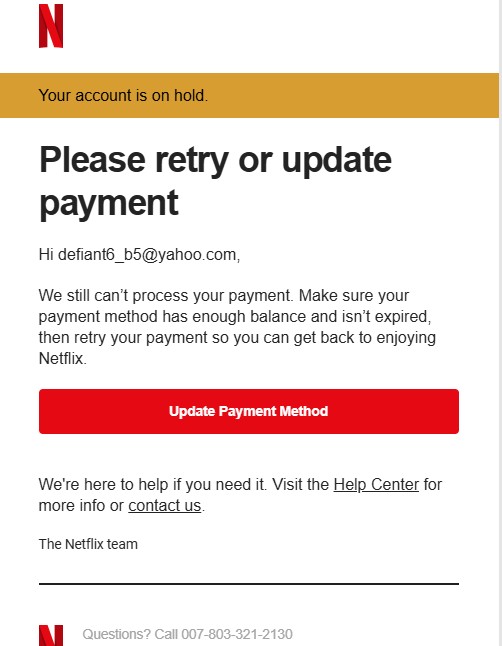Scam Victims Are Rapidly Increasing
It has been a long time since I’ve talked about scams here, but I believe now is a good a time as any because scams are running rampant and the sheer amount of people falling for them keeps increasing, especially early on into 2025. There are all kinds of scams going on out there from crypto scams, to pig butchering scams, to toll scams, tax scams, romance scams, and even more. Because of all these types of scams, scam victims are rapidly increasing.
The scary thing is, these scams are getting much more sophisticated and getting harder and harder to tell whether something is legitimate or not. Since I work at a financial institution, I’ve noticed a major uptik in the amount of customers that I see who become victims of scams, even those you wouldn’t think would fall for them. This breaks my heart because if it’s not caught in time, they could potentially lose a lot of their hard earned money. I’m going to be taking a look at some of these scams that are going on out there and give some examples of some people who have fallen for them. I believe it is imperative that you share this information with others so that they don’t become a victim.
The Traditional Phishing Scams Are Still Running Amok
It seems that almost daily now, I get at least three or more phishing scams in my email’s inbox not counting the ones that are automatically sent to my spam folder. I certainly have received a lot of them in the month of February and they show no signs of slowing down.
Some of the phishing emails that I’ve received claim to be from PayPal, Ledger (cold storage wallet company for cyptocurrency), Trust (software wallet for cryptocurrency), Coinbase, Netflix, Apple, Microsoft, FedEx, and more. I’ve talked about these kinds of scams before in the past and the big red flags that is a dead give away of these emails being phishing scams.

One of those red flags tended to be spelling and grammatical errors, but that has rapidly changed now thanks to AI and making sure the body of the email looks as precise and believable as possible. Very few of them contain spelling errors anymore, but there are still other red flags that give them away. For one, most of these emails will either start off with either “dear customer” or “dear (whatever your email address is)”. That is a dead give away because if you truly have an account with them, wouldn’t they use your name in addressing you?
The one big red flag that has continued to happen in these phishing scams and is one that is hard to hide, is the actual email address that the email came from. If an email is legitimately from a company like Netflix or Paypal, the email address will usually have in it @netflix.com or @paypal.com. The supposed Netflix email had an address of this: rbrietzke@george.lhi.net . As you can see, the email address itself has nothing to do with Netflix at all.
Now while these may seem like easy to spot red flags or are common sense to know that these are phishing scams, sadly, there are still lots of people who are falling for them and with the rise of AI, they are getting more convincing each and every day. I’ve mentioned before that I work at a financial institution and I have seen my fair share of customers who have unfortunately fallen for a number of these phishing scams. There was one last month where the person fell for one claiming to be from Amazon and claimed that there was a $4,000 charge for a Macbook. Sadly, the customer ended up clicking the link as well as calling the number provided and gave away their banking details to the scammer on the other end of the line. Some money was lost, but we were able to close the accounts and move the rest of the money to a new account.
A lot of these scams are designed to get you to feel some kind of panicked emotion. What this means is that the scammers are hoping that you panic, and don’t think logically about what’s going on. That’s why a lot of these scams say that there has been some kind of purchase and that it has been supposedly charged from your account. They will then have a link to click on that will take you to a fraudulent website that will record your information so that the real damage can be done. They may also have a phone number to call that will lead to scammers and will try to trick you into giving out debit card number, account number, online banking info, and whatever else they “need” to “resolve the situation”. If you are worried that a charge really did come out of your account, you’ll want to call your local bank or drive to your nearest branch and find out that way. Usually, there will be no charge that the email claims went through. Now it’s time talk about a scam that is picking up steam and is coming onto a smartphone near you if it hasn’t already.
Toll Text Scams
I live in the state of Kansas and a major highway that two interstates are a part of is called the Kansas Turnpike. It goes from the Oklahoma state line just south of the city of Wichita, all the way to northeast Kansas and into the Kansas City region. Last summer, for the first time in its entire history, the Kansas Turnpike went completely electronic. It means there are no longer any toll booths taking cash. There are now cameras and sensors that will snap shot your license plate and mail you a bill for the toll (unless you have a K-Tag). Note that I said will MAIL you a bill for the toll you used. They will not send you a text with a link.

In the past week, I’ve received at least three texts containing messages that I owe a toll and that I need to pay by clicking the link or there will be legal consequences. One of them claimed to be for the Kansas Turnpike while the other two were for some other tolled highways in other parts of the US that I had never been on. Now while the Kansas Turnpike does go in my region, I never use it and always avoid it so I know for a fact that I don’t owe any kind of money to the Kansas Turnpike.
There have been a lot of warnings in the news about these kinds of scams making their rounds to peoples cell phones and not to fall for them, but sadly many people have. Already this week, two customers from my bank had fallen for them, one of them the owner of a business and used their business debit card to pay for the (fake) toll. Thankfully, the customers realized that they made a mistake and came in and told us what they did and so we were able to shut down their debit cards before any money was taken.
It really worries me though of how many other people have fallen for these toll scams and have not reported it and how much money they may have lost. the FBI is even warning people to delete these type of texts off of your phones if you receive them because they may also contain malware that may capture things you do on your phone. With technology advancing rapidly these days, especially with AI, it makes it harder to discern what is and is not a scam. I’m going to take a little bit of a look at another scam that has been around for awhile, but is taking a dangerous new twist thanks to AI.
New Twist on the Grandparent Scam
If you’re wondering what the grandparent scam is, it’s a scam where a scammer will either call, text, or even email someone and make them believe that their grandchild has been arrested or is in some kind of legal trouble and will need financial help to get out of the situation. Some people do fall for them which is why this scam is still around, but as I mentioned earlier, there is a new twist this which makes this scam really scary and dangerous.
Thanks to AI, scammers have been able in some cases, to find videos of a person’s child or grandchild and clone their voices and with the use of AI, are able to make it legitimately sound like it really is the grandchild in trouble. It may be a short clip, but it usually will sound very convincing and so unfortunately, especially for a lot of the elderly, they do end up buying gift cards and sending money wherever, in the hopes that they are really helping their grandchild out. Sadly though, they will be completely out that money of whatever the scammer says it will cost to “help” the family member.
The best thing to do here is to talk with a grandparent about making a special code word or phrase that only the grandchild or family member would no and if they receive a call claiming that it is from them and that they are in jail and need help, ask them that word or phrase is. Also another thing to do is to hang up that call and call the parent and check directly from the source to see if the child really is in some kind of legal trouble or not. Usually they will say that everything is fine and that they are in need of no help.
Being Extra Vigilant
As you can see from above, a lot of these scams have changed a bit and become more sophisticated. When it comes to the phishing scams received through email, spelling and grammatical errors are becoming less and less common. Always take a look at how the email is addressed as that will be a big clue. If it’s addressed with an email address or just customer, that will likely give it away as a scam. The email address that it came from will also give it away. The two tried and true red flags will help protect you from phishing email scams.

Always be wary of texts you receive on your phone saying that you need to a pay toll that you supposedly drove on. A toll company will always mail you an official bill for use of their highway, they will not text you. I’ve given some examples of how easily some of my customers from the bank that I work at had fallen for them. Delete those texts immediately if you happen to receive them.
The grandparent scam uses AI now to mimic the voice of a grandchild so you always have to be very careful if they say they are in legal trouble and need financial help. As I said earlier, it is best to create a code word or phrase that only you two will know so that you can be certain that it’s legitimately them or happen to be a scammer. Here’s a link to a more recent article where over $21 million was stolen from retirees in the US. The scam here originated from Canada where there were a number of arrests. As you can see from this article the number of scam victims continue to rise. This is why it is important to always be vigilant especially to things that seem out of the ordinary. Protect yourself and your loved ones from these scams.

